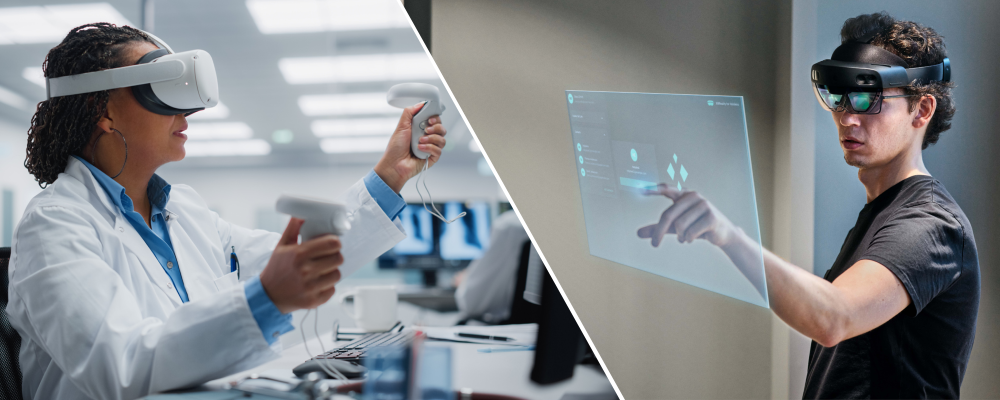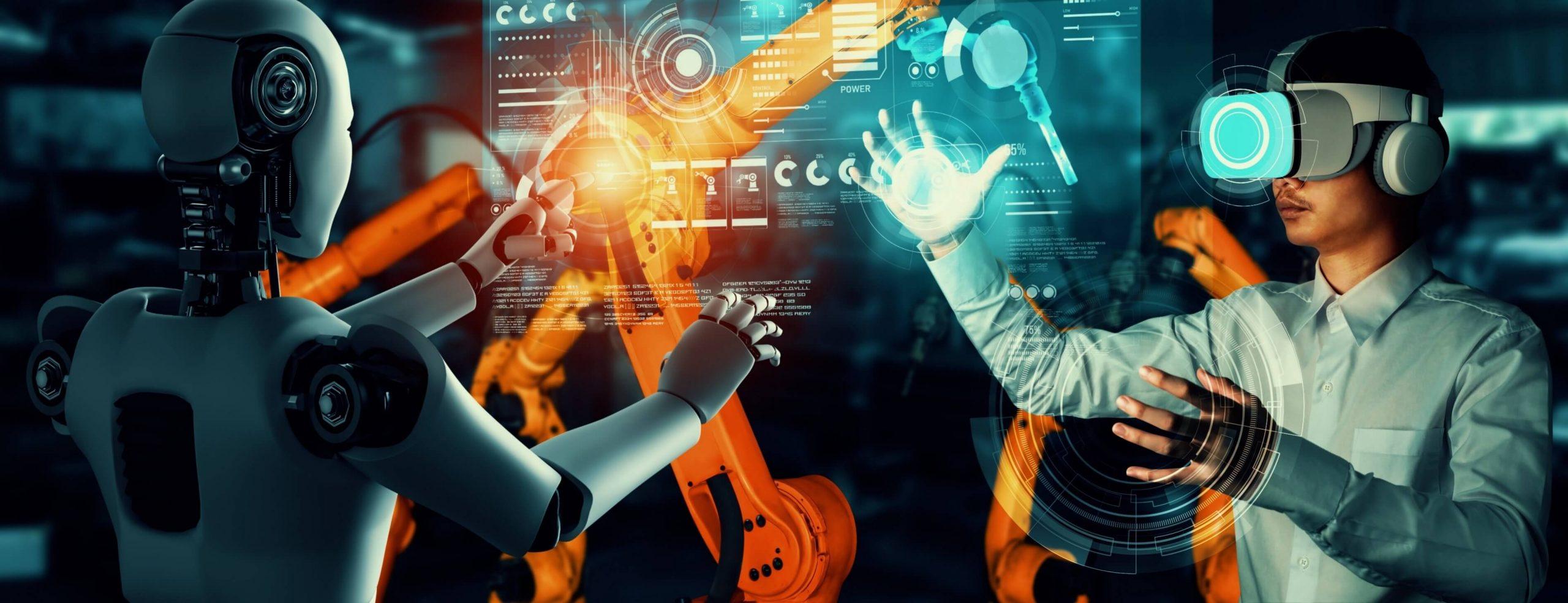In our ever-changing retail environment, technology is the linchpin in redefining how we shop. With consumers growing increasingly tech-aware and seeking personalized, frictionless experiences, it's imperative for retailers to evolve and embrace innovation to remain relevant. This discussion delves into five pivotal technological trends reshaping the future of retail stores, offering insights into how these advancements can be harnessed to bolster customer satisfaction and propel business growth.
Retail's Tech Revolution: Future Shopping Trends
Business • 13 Dec, 2023 • 2,66,856 Views • ⭐ 3.0
Written by Shivani Chourasia

Augmented Reality (AR) and Virtual Reality (VR)

These technologies are at the forefront of changing customer interactions and decision-making in shopping. AR lets shoppers overlay digital information and imagery onto their physical surroundings, aiding them in visualizing products in their own spaces. Imagine furniture retailers providing AR applications for customers to preview how a sofa would look in their living room. Similarly, fashion outlets can introduce virtual fitting rooms, allowing for clothing trials without the need for a physical visit.
VR immerses users in a completely digital world, providing an engaging and distinct shopping experience. Retailers can establish virtual showrooms or immersive product demonstrations, giving customers an in-depth exploration of products, and aiding informed purchases.
Artificial Intelligence (AI) and Machine Learning

These technologies are indispensable for enhancing customer experiences, refining operations, and boosting sales in the retail industry in India and globally. AI-driven chatbots and virtual assistants offer personalized shopping guidance, handle queries, and support customer service. Machine learning algorithms analyze extensive data to spot customer preferences and buying behaviors.
This data helps retailers tailor marketing strategies, refine product selections, and provide personalized shopping journeys that cultivate loyalty and boost sales. AI also streamlines inventory management, demand forecasting, and pricing, enhancing efficiency and cutting costs.
Internet of Things (IoT) and Smart Retail

IoT connects everyday objects to the internet, allowing data exchange. In retail, this enhances customer experiences and streamlines store operations. Smart shelves with sensors can monitor stock levels in real-time, aiding in inventory management. Beacons can transmit tailored offers to customers' smartphones in-store, personalizing the shopping and retail experience. IoT also helps track customer movements in stores, providing insights for optimizing store layouts and merchandising.